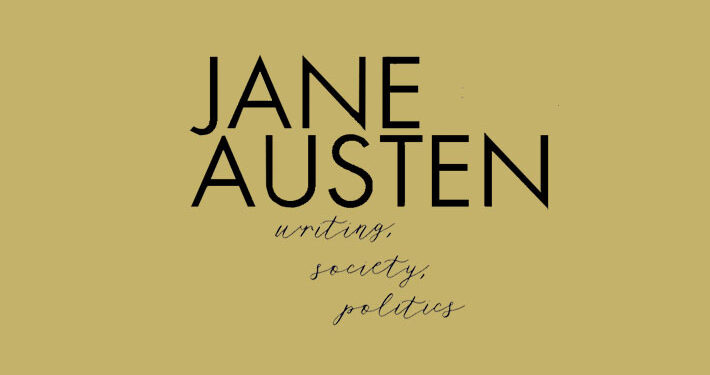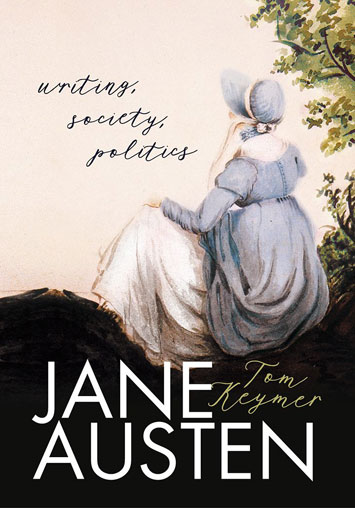Jane Austen: Writing, Society, Politics by Tom Keymer – Review

By Jeff Halden
At 167 pages, including references and an index, this short book aims to explore the major themes in Jane Austen’s novels and set them against the literary, social and political backgrounds from which they emerged. As a Professor of English at the University of Toronto Tom Keymer is an acknowledged and widely published expert in the field of eighteenth and nineteenth century literature, and so is a well qualified guide to Austen’s work. The book may be small in dimensions, but it packs a hefty intellectual punch – of which more later.
Keymer’s book examines Austen’s work chronologically, dealing first with her juvenilia, and then with each of her published works in turn, including her unfinished novels.
I should declare at the outset, that I’m far from an expert on Jane Austen only that I’ve read her novels with varying degrees of enjoyment. At last, I thought before reading it, this book will hopefully give me answers to questions that have puzzled me and many others: why does she never mention the Napoleonic wars, or the political and economic upheavals that convulsed English society during the time in which her novels were set? Not to mention the slave trade, which surely financed many of the aristocratic lifestyles she portrays?
 Well, it does tackle those subjects, but Professor Keymer is an academic and seems determined to prove it. Illumination can sometimes only be achieved by recourse to a dictionary. Note this sentence from the chapter on Pride and Prejudice, ‘By merging a character’s idiolect with a narrator’s syntax, and by studding passages of objective description with clause-length shards of free indirect discourse…’, Eh? This is not an isolated example, every page is studded with similar passages equally as puzzling – to me at least.
Well, it does tackle those subjects, but Professor Keymer is an academic and seems determined to prove it. Illumination can sometimes only be achieved by recourse to a dictionary. Note this sentence from the chapter on Pride and Prejudice, ‘By merging a character’s idiolect with a narrator’s syntax, and by studding passages of objective description with clause-length shards of free indirect discourse…’, Eh? This is not an isolated example, every page is studded with similar passages equally as puzzling – to me at least.
“Worth the effort”
Notwithstanding the fact that she only published four novels in her lifetime; Sense and Sensibility (1811), Pride and Prejudice (1813), Mansfield Park (1814) and Emma (1816) – Northanger Abbey and Persuasion were published together, posthumously, in 1818 – Jane Austen is still read and loved all over the world even in the twenty-first century. Although it must be said that her work is probably best known by the majority of people through cinema and television adaptations (there have been 17 of Pride and Prejudice alone, not to mention numerous mini series), it is still astonishing that this writer who thought that, ‘three or four families in a country village is the thing to work on’ should still be so popular. Although Tom Keymer’s book sets out to try and understand why, it’s not an easy read by any means.
It’s true to say that Austen has divided literary opinion from the start. Keymer quotes Sir Walter Scott and Charlotte Brontë amongst many others who held conflicting views about her work. I particularly liked Ezra Pound’s view that it was, ‘…about a dull, stupid, hemmed-in sort of life by a person who had lived it.’ Tom Keymer works hard in this book to convince us otherwise and, by and large, succeeds.
Is this a book for the general, non-academic, reader? Possibly not, you might think, when one has to wade through passages like the one quoted above. However it’s ultimately worth the effort, with your trusty Concise Oxford or Collins Dictionary to hand. Professor Keymer has some important things to say about Jane Austen’s work, and I was ultimately convinced by many of his arguments, abstruse though they may have seemed at first.
Jane Austen: Writing, Society, Politics by Tom Keymer is published by Oxford University Press, £10.99 hardback









